I have affiliate relationships with Bookshop.org and Malaprop's Bookstore in beautiful Asheville, NC. I will earn a small commission at no additional cost to you if you purchase merchandise through links on my site. Read more on my affiliate page.
Art Spiegelman’s father, Vladek, was a Jew living in Poland in WWII. He made it through, and Maus I is Spiegelman’s story of his father’s life, as well as an exploration of the way the lives of the survivors and their family members were never the same.
Okay, let’s look at the fact that this is a graphic novel first. It absolutely works. The Jews are mice, the Germans are cats, the French are frogs–you get the idea. This is a young adult book, so I think that helps kids/teens deal with the story a little better. A skeletal mouse is alarming enough, but it would be so much harder for a child to deal with if it had been a photo of a skeletal person. As an adult who knows something about what happened, I found that the form made me see with new eyes. We’ve all seen “Schindler’s List” or read one of the books written by survivors. But this form somehow hit me a little harder, almost as if I were learning about the Holocaust for the first time.
It still stays true to the horror and atrocity. Some of it is sort of passed over, but the moments when the violence is shown stand out that much more. I’ve read quite a few Holocaust novels, but the moments of random violence in Maus I hit me hard. Spiegelman took the “less is more” approach and it worked.
There were so many things I liked about this book. The historical part of the story opens with Vladek as a reasonably prosperous young mouse marrying into a wealthy family. I liked that this is where it started. I got to see how everything was slowly stripped away until they were desperate for any shelter and any food. That stripping away is something that I haven’t come across very often. I also liked that Vladek’s ingenuity and bravery played a part in his survival, but it was obvious that the biggest factor was just dumb luck. He built or found many different hiding places. The author includes drawings of these, and I’m so glad he did. I can make sense of a picture, but a description of a complicated system for hiding usually just leaves me confused. Vladek doesn’t skip over the fact that there were some Jews who sold out others in an effort to secure their own safety. That’s not something you come across very often either. Vladek tells his own story in his slightly broken but very readable English. I liked that too. I felt like I was hearing the story instead of just reading it. I got so wrapped up in the story that I was scared every time Vladek was trying to decide whether or not to trust someone. His very survival depended on making the right judgment.
This also looks at how the Holocaust affected those who came after. Vladek survived, but did he really? He and the other survivors have a lot of psychological problems that stayed with them for life. Their problems in turn affected the children they had later, to the point that the children feel survivor’s guilt and they hadn’t even been born in WWII.
I’d recommend this for anyone who wants a bit of a fresh look at a survivor’s story. I’d also recommend it as an introduction to the Holocaust for older children and teens. If you do decide to read this, have the second one nearby. Maus I ends on a cliffhanger.
Reviewed August 14, 2009
Read an excerpt.
Buy Maus I: A Survivor’s Tale: My Father Bleeds History at
I have an affiliate relationship with Malaprop’s, my local independent bookstore, and Better World Books. I will receive a small commission at no cost to you if you purchase books through links on my site.

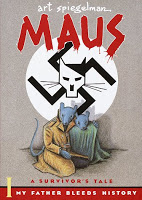

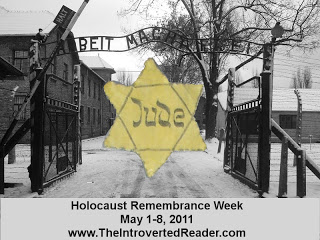
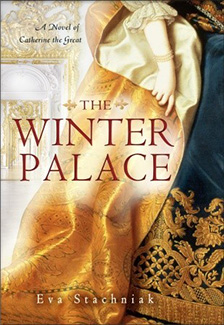
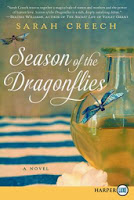
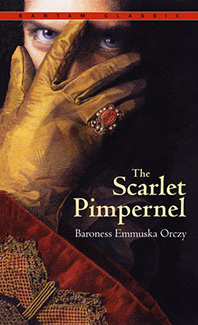
4 Comments
If I ever get around to reading a graphic novel, this will be the one.
I had to get Maus II for a class on the Holocaust, I thought it was a great idea to portray the Jews as mice, since there was so much propaganda at the time saying that the Jews carried illness and disease like mice.
Such a sad book, but really great at how it opens up discussions for younger people.
Maus I (and II) are awesome! They do a great job of telling the story and making it accessible
I've always thought, that the anthropomorphism of this book helped to make the characters more human.
What I mean is that, we are so used to horrible depictions of the holocaust that we're desensitised to it. We can block it out as too horrible.
As well as perhaps making it more accessible perhaps to YA – it does the same for adult readers at the same time.
This was the first graphic novel I have read since I was 11 (when I read Tin Tin) and it never really occurred to me I was reading one. I just became absolutely lost in the story and like you Jen, I was always afraid when Vladek made those decisions about who to trust.
I also loved the relationship between father and son and how Vladek was. I felt so attached to him almost as if I knew him myself.